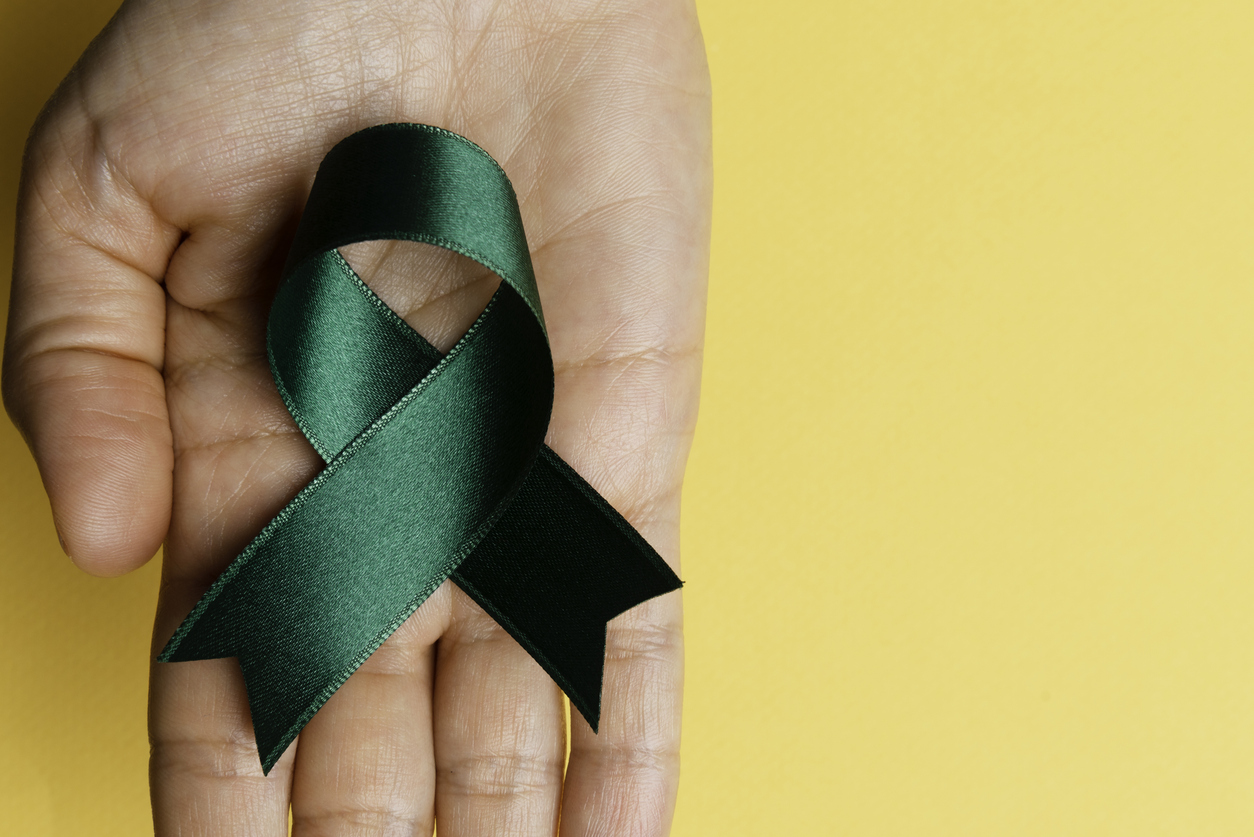May has been the designated Mental Health Month in the US since 1949 – and this year, Mental Health America, the National Alliance on Mental Illness, and the Substance Abuse and Mental Health Services Administration want Mental Health Month 2023 to continue the tradition of raising awareness and breaking the stigma surrounding mental health.
What does Mental Health Month mean? It can mean different things for different people. For families and individuals with a history of mental health issues, it may be about remembering that you’re not alone, and calling into focus the things that families and communities can do to support each other, such as spreading awareness about local resources, providing free education on the signs and symptoms of common mental health issues like depression, anxiety, and addiction.
Mental Health Month can also be an opportunity for businesses to focus on fundraising for local organizations and non-profit teams that provide safe shelter for the homeless, improve mental healthcare access in the community, or invest in the safety and beauty of our local parks and communities for children to play in.
For those who have no history of mental health issues, it can mean reminding yourself to be compassionate and considerate of others, to learn more about the signs and symptoms of mental health problems in life, and to recognize and combat the continued prejudice and stigma that people who struggle with their mental health experience every day.
Celebrating Mental Health Awareness Month
May is Mental Health Awareness Month—a time dedicated to raising awareness, fighting stigma, providing education, and advocating for policies that support people with mental health and their families. The celebration of this month, held annually, is more than just an acknowledgement; it’s a global campaign to create a world where mental health is understood, accepted, and prioritized.
In our society, mental health issues are often overlooked, misunderstood, or stigmatized, making it difficult for individuals who are suffering to seek the help they need. Celebrating Mental Health Awareness Month means recognizing the importance of mental well-being as a critical component of overall health. It means understanding that mental health is just as important as physical health, and that it’s okay, normal even, to seek help when we’re struggling mentally, just as we would if we were physically ill.
During this month, we encourage conversations about mental health, shedding light on topics such as depression, anxiety, bipolar disorder, schizophrenia, and many more. We highlight the need for proper mental health resources and advocate for better accessibility to mental health services.
Moreover, we celebrate the strength and resilience of those living with mental health issues. Their journey is a testament to human resilience and serves as an inspiration for all of us. Celebrating Mental Health Awareness Month is about changing the narrative, breaking down barriers, and reminding everyone that mental health matters.
Remember, mental health is not a destination, but a process. It’s about how you drive, not where you’re going. So, let’s continue to spread awareness, compassion, and understanding, and make every month Mental Health Awareness Month.
The Prevalence of Mental Health Issues in the US
With an improved understanding of mental health and better screening tools, rates of mental illness in the US have grown over the past few decades. It is currently estimated that about one in five US adults experiences the symptoms of a diagnosed mental health issue every year, and that about one in 20 experience serious mental health problems per year.
The most common type of mental health issue worldwide is anxiety. Anxiety disorders encompass a variety of conditions ranging from social anxiety to obsessive-compulsive disorder.
Being anxious or nervous isn’t enough to constitute an anxiety disorder – in most cases, anxiety disorders are characterized by irrational and overwhelming fear or mental discomfiture. Some anxiety symptoms are triggered by a stressor, while others might be generalized and recurring.
Depressive disorders (or mood disorders) are another common form of mental health problem. These include major depressive disorder, post-partum depression, and bipolar disorder. Just like anxiety disorders, depressive disorders are more than normal sorrow – depression is characterized by a consistently low mood over multiple weeks or months, and difficulty feeling joy or pleasure. Depressive disorders often (but not always) occur without a trigger or discernable reason.
The continued impact of mental health problems in the US (and worldwide) cannot be overstated. Conditions like major depressive disorder are among the leading causes of disability in the US, and despite improvements in treatment, nearly 40 percent of adults with major depressive disorder have not received any treatment for it in 2020. While we have made strides in the depiction of mental health issues in pop media and the general understanding of common mental health problems in the general public, treatment options remain scarce. Surveys show that there are still serious barriers to mental health care in the US, including access to a mental health professional.
Modern Stigmas Surrounding Mental Health
There is still plenty of stigma surrounding mental health in the US. A stigma or prejudice often grows in cases of ignorance. When a person or group does not know enough about a mental health problem, they may develop hurtful assumptions about these conditions, and the people who live with them.
But ignorance is not the only reason. It’s no secret that mental health conditions are not treated as seriously as physical health conditions – not just by laypersons, but by doctors as well.
Cultural or religious beliefs can influence a person’s perception of mental health issues, especially conditions involving substance use, and especially when they have little to no personal experience with mental health problems. In general, mental health stigma can be identified as one of three forms of stigma:
Self-stigma. This includes internalized stigma, such as feeling shameful about being depressed, refusing to get help, denying treatment, or feeling like it’s all “deserved”.
Institutionalized stigma. This is stigma perpetuated by an institution or a corporation. For example, in addition to the medical stigma, a growing number of inmates across the US struggle with severe mental health problems. It is believed that the rate of mental disorders among incarcerated populations is between 3 and 12 times higher than the public, and the rate of severe mental illnesses in jails and prisons falls between 16 to 24 percent, versus about 5 percent among all US adults.
Public stigma. This is stigma perpetuated by communities and society at large, often displayed through media or public opinion, especially online. Public stigma might involve providing unhelpful comments or judgments (telling someone with a mental health problem to “just work out more” or “just go outside”) or viewing someone as weak because they have decided to go to therapy.
To address and destigmatize mental health issues, start at home. Learn more about the history of mental health in your family, and the conditions your family members may have struggled with in the past. Encourage friends or family to seek treatment if they haven’t and find out how you can support them if they have.
Important Resources for Mental Health Support
If you have concerns about a loved one’s behavior, keep a few important numbers on speed dial:
- 911 for emergencies.
- 988 for the suicide and crisis hotline or use the Lifeline Chat website.
- 1-800-985-5990 for mental support and counseling after an environmental disaster or terror attack.
- Contact the SAMHSA for information about substance use disorder or mental health specialists.
- Centers for Medicare and Medicaid Services for current and ongoing federal mental health programs.
- Your local state or county website for more information about local organizations and mental health specialists.
As simple as it might seem, sometimes the only thing we can do to help others with an ongoing mental health problem is to make sure they know we’re here for them, and to remain at their side.








